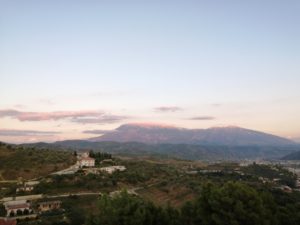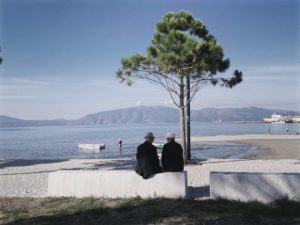Mid-term evaluation of the project for the conservation of Protected Areas in Albania
Project A.C.A.P. Azione Comunitaria per la Conservazione delle Aree Protette dell’Albania
Location Albania
Duration 2019 – 2020
Client CELIM
Local partners NAPA, INCA, COSV, IUCN ECARO, Comune di Milano, ISF, Carbonsink e Kallipolis
Funding Agenzia Italiana per la Cooperazione allo Sviluppo (AICS)
Context
Albania is a country rich in biodiversity but it has significant difficulties in managing and protecting its natural heritage. In recent years, following international pressure and the growing attention to environmental issues, numerous interventions have been carried out, including the implementation of the Natura Network 2000 to align Albanian protection policies to European standards.
The project, A.C.A.P. aims to contribute to the protection of the Protected Areas of Albania as defined by the NAPA – National Agency of Protected Areas in the 2015-2020 Short and Medium-Term Strategic Program. In particular, it aims to strengthen the management and conservation measures of the Llogara National Park (Municipality of Vlora), of the Protected Landscape of Vjosa-Narta (Vlora Municipality), of the National Park of Monte Tomorri (Municipality of Berat, Skrapar, Poliçan ), of the Bredhi National Park I Hotoves-Dangelli (Municipality of Permet and Kelcyre), and of their surrounding areas. The project also aims to improve the governance of Protected Areas; increase the infrastructural, managerial and technical capacities of the RAPA – Local Agencies of the Protected Areas; to reduce the impact of local communities residing in Protected Areas and neighbouring areas and to raise awareness among the local population of environmental issues through awareness-raising activities in schools, on the territory (with information panels) and through information campaigns.
General Objective
The mid-term evaluation of the A.C.A.P. project, carried out by ARCO Researchers, intends to investigate what has been achieved in the first 18 months of the project in terms of expected results and specific objectives, as well as recognizing the strengths, weaknesses, opportunities and threats relating to the project as a whole. Finally it aims at formulating the necessary recommendations to improve future effectiveness of the intervention.
Our contribution
The degree of complexity and heterogeneity of the project actions made it necessary to design an evaluation methodology that could be able to understand the changes that main stakeholders and beneficiaries experienced. Thus, ARCO Researchers favoured a participatory and qualitative methodology, combined with desk analysis of documents produced in the context of of the project and field visits, to understand and verify what has been achieved.
Researchers conducted a field mission of about two weeks during which they were able to interview and meet multiple stakeholders including project and activity coordinators, partners, local authorities, and a sample of beneficiaries.
The mid-term evaluation focused on three methodological components:
- The analysis of the achievement of output and result indicators with respect to the targets
- The use of qualitative and quantitative methods for data collection and analysis
- The participatory approach and the direct involvement of stakeholders.
Read more on our M&E and Impact Evaluation Unit
Related Projects
-

Monitoring Information System for project WATDEV on water management and sustainable development in East Africa
-

Research on knowledge, attitude, social norms and practice on reproductive health rights and gender-based violence in Narok county, in Kenya
-

Evaluation of the project that promotes food security and climate resilience in Mozambique
-
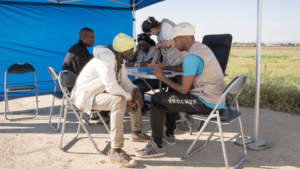
Evaluation of the project strengthening migrants’ right to health in Italy, Greece and Malta
-
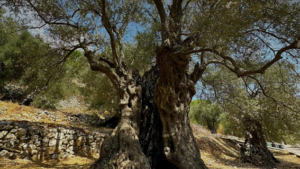
Final evaluation of the project that strengthens olive farmers’ resilience in Southern Lebanon
-
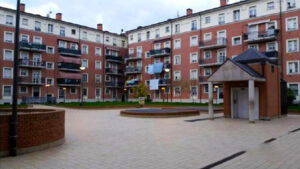
Social impact assessment of the Rapporti Corti project for socio-educational inclusion in the Navile district of Bologna
-

Evaluation of the Naseej project to stop gender-based violence in Iraq, Yemen, and Palestine
-
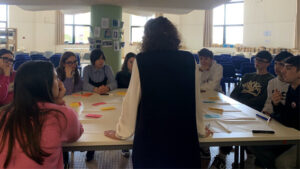
Evaluation of the project that promotes youth employment in Italy
-
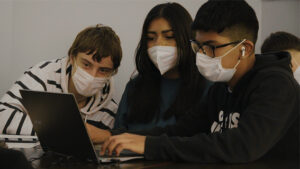
Final evaluation of the ‘5G Smart School’ project for innovative teaching in Italian schools
-
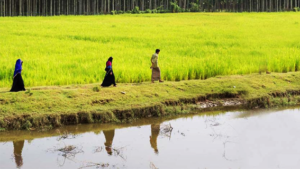
Evaluation of the project that fosters mainstreaming migration into international cooperation and development policies
-

Final evaluation of a project to contrast educational poverty in Albania
-
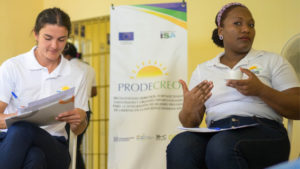
Evaluation of the project PRODECREO to promote the rights and socio-occupational reintegration of women deprived of their liberty in the Dominican Republic
-
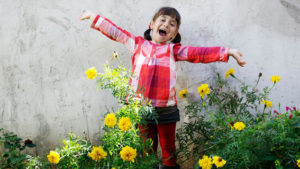
Final evaluation of the SOS Children’s Villages family strengthening project in Bosnia and Croatia
-

Evaluation of the project for the motor rehabilitation of oncological children in Turin
-
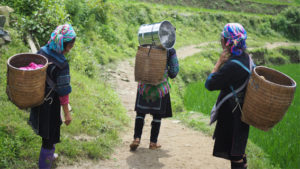
Evaluation of the project that aims to improve the health of the most vulnerable in Myanmar
-
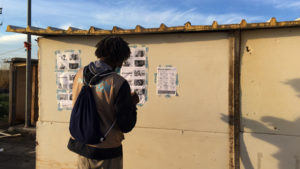
Final evaluation of the project that fosters proximity social-health services in the informal settlements of the Province of Foggia
-

Food Wave, Monitoring the project that promotes sustainable food consumption among young Europeans
-

Spazio Donna, evaluation of the projects to foster women empowerment and contrast gender-based violence
-

Evaluation of the projects “M’Interesso di Te” that tackle unaccompanied foreign minors’ integration
-
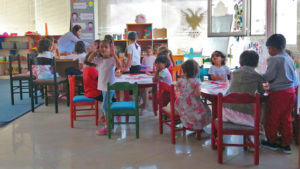
Evaluation of psycho-socio-sanitary interventions in response to the COVID-19 pandemic and the earthquake in Albania
-
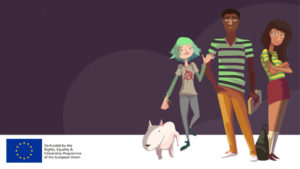
Final evaluation of the Youth For Love project to raise young people’s awareness of gender-based violence
-
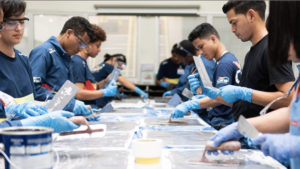
Multi-country mid-term evaluation of the YouthCan! programme, promoting the employability of vulnerable young people
-

Final evaluation of WEGO2 to support women economic empowerment contrasting intimate partner violence
-
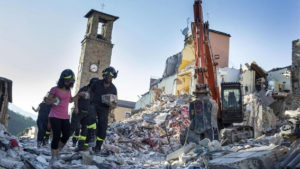
Action Research for the project Do.N.N.E against gender-based violence in Central Italy
-

Evaluation of the project “Mentors for Resilience” to contrast educational poverty
-
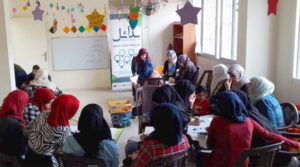
Outcome Harvesting of the project that aims to promote stability and social enterprise in Lebanon
-
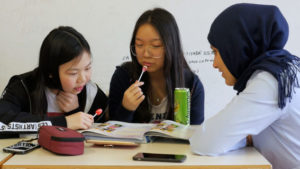
Annual evaluation and SROI of the programme “Nessuno Escluso” to contrast social exclusion and educational poverty in Tuscany
-
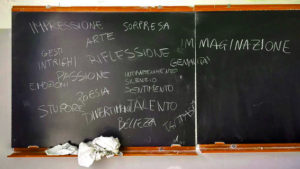
Evaluation of the project “Dreams and Needs” to contrast educational poverty in Italy
-
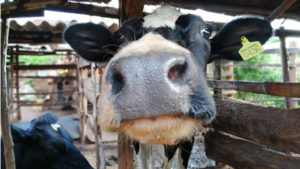
Mid-term evaluation of the project MilKy for the development of a sustainable dairy supply chain in Kenya
-
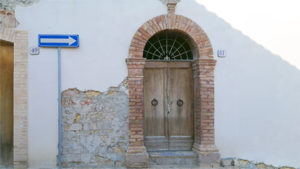
Final evaluation of Pe.R.Co.rrere: resilience of communities in Center Italy
-

Evaluation of the promotion campaign for Piave DOP cheese in Austria, Germany and Italy
-
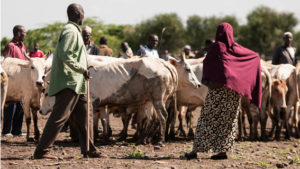
Mid-term & final evaluation of a project to strengthen resilience to climate shocks in Kenya
-
Evaluation of the promotion campaign for Italian specialities in Japan
-
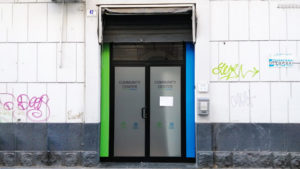
Community center, final evaluation of the social inclusion project
-
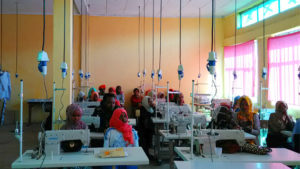
Mid-term evaluation of the project to contrast irregular migration in Ethiopia
-
Mid-term evaluation of the project for the conservation of Protected Areas in Albania
-

Social Impact Assessment of children’s protection programmes in Kyrgyzstan
-
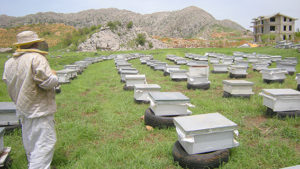
Monitoring&Evaluation of reintegration services for drug addicts and ex-addicts in Lebanon
-
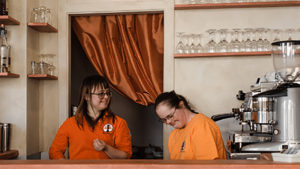
SROI Analysis, Albergo Etico social performance
-
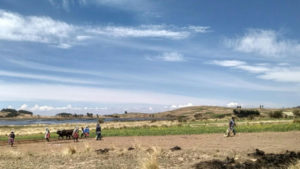
ECO.COM: strengthening local economic development in Bolivia
-

Improving the sustainability in the cherry supply chain in Bulgaria and Turkey
-
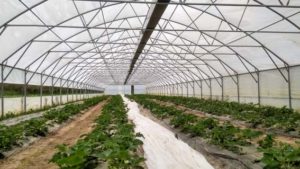
Evaluating sustainable agricultural supply chains in Bosnia Herzegovina and Albania
-
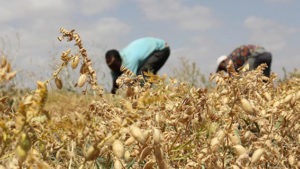
Impact evaluation of the creation of a durum wheat supply chain in Ethiopia
-
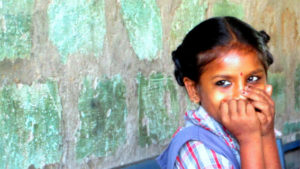
Impact evaluation of a Rehabilitation programme in India

